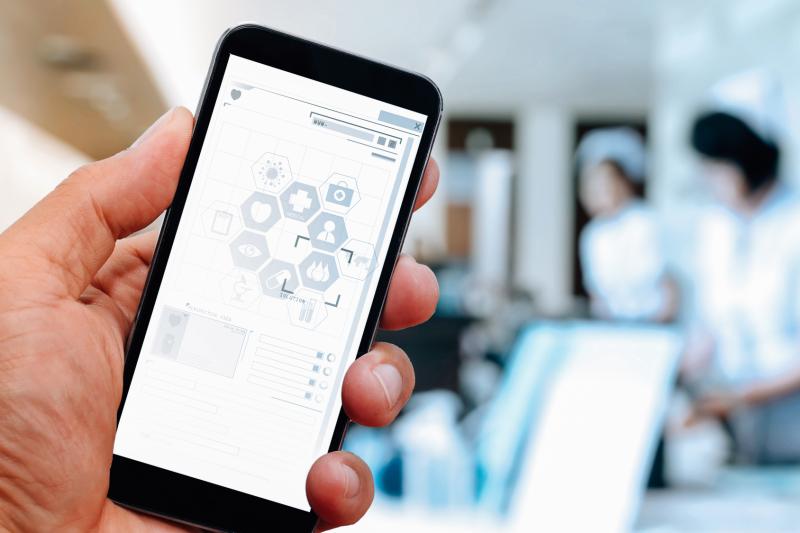Self-management app eases cancer-related fatigue




 Can apps help save lives?
Can apps help save lives?Untire, a self-management and mobile health app, may help ease cancer-related fatigue (CRF) and improve quality of life (QoL) among patients and survivors, according to a new study.
“Our study demonstrated small-to-moderate treatment effects of the Untire intervention, which is larger than other self-management [electronic health] interventions but smaller than the effects of therapist-guided online interventions and face-to-face therapy targeted at CRF,” researchers said.
The waiting-list randomized controlled trial included individuals with CRF who were randomly assigned to either the active intervention (n=519) or control (n=280) groups. Those in the former were given immediate access to the Untire app, while controls were made to wait for 12 weeks before being granted access.
In the intervention group, fatigue severity levels dropped significantly when assessed 12 weeks after initial access to the app and as compared with the control participants (p<0.01). The same was true for interference (p<0.01). For both outcome measures, significantly more participants recovered in the intervention vs control group after 12 weeks (p=0.02). [Psychooncology 2020;doi:10.1002/pon.5492]
These effects were particularly apparent in high and medium users, who recorded use of the app for ≥9 and ≥3 days, respectively. Low users, who engaged with the app for ≥1 day, as well as nonusers, saw no significant difference in fatigue severity and interference as compared with controls.
Such changes in fatigue measures had a positive impact on QoL. Average outcome over the 12-week test period was significantly better in the intervention vs control group (p<0.01). However, past-week QoL after 12 weeks was comparable between treatment arms (p=0.07).
Importantly, the researchers detected effect modification by age (p=0.046), such that the app was found to be more potent in younger participants. There was also a relatively high degree of attrition in the overall sample, particularly in the intervention group.
“This international waiting-list RCT examined whether the number one side effect of cancer and cancer treatment can be effectively reduced with a self-management app for cancer patients and survivors,” the researchers said. “Our data showed that having 12-week access to the Untire app significantly improved levels of fatigue and QoL on average.”
“Although the high attrition rates in the intervention group reflect that a self-management mHealth intervention might not be suitable for everyone, we assume that an app due to its low-threshold supply could be especially helpful for patients who would otherwise not engage in any form of treatment,” they added.
Several limitations need to be considered. These include its online recruitment, the lack of access to hospital records, high dropout rates, failure to blind experimenters, and a largely homogenous sample demographic, which may limit the generalizability of the findings.
“Future research could explore the mechanisms behind the app (i.e., possible mediators of the treatment effect, such as fatigue catastrophizing, mindfulness, physical activity, or sleep) to understand the underlying processes determining the reduction of fatigue,” the researchers said. “To further validate the study results, also participants in non-English speaking countries should be targeted.”